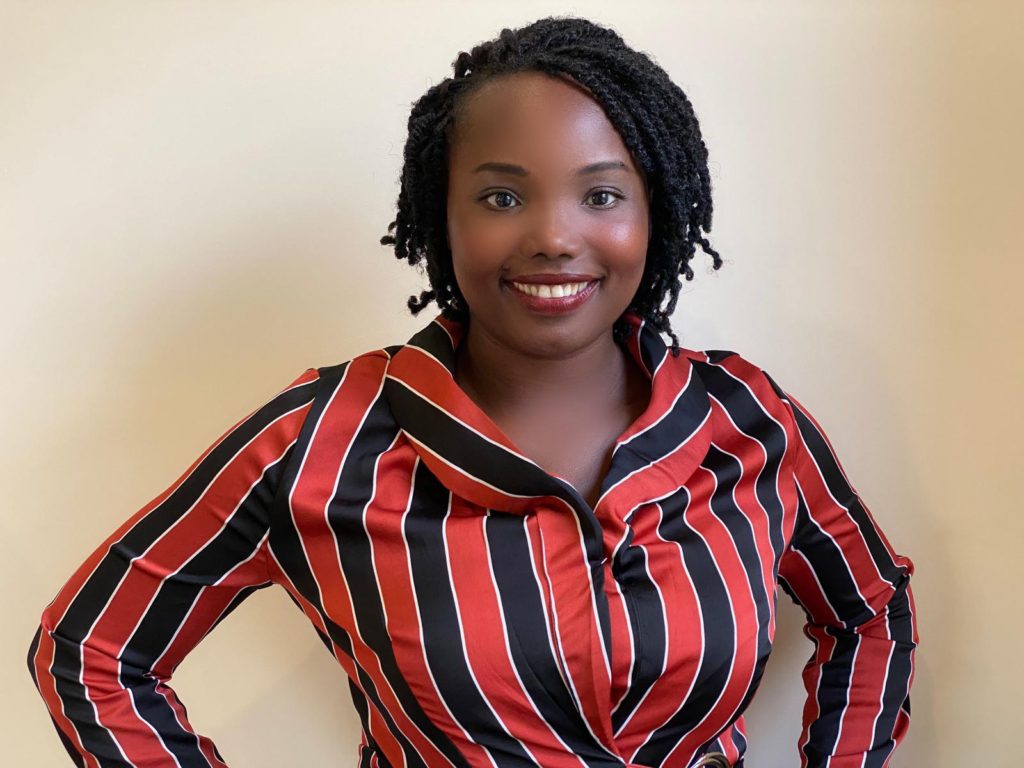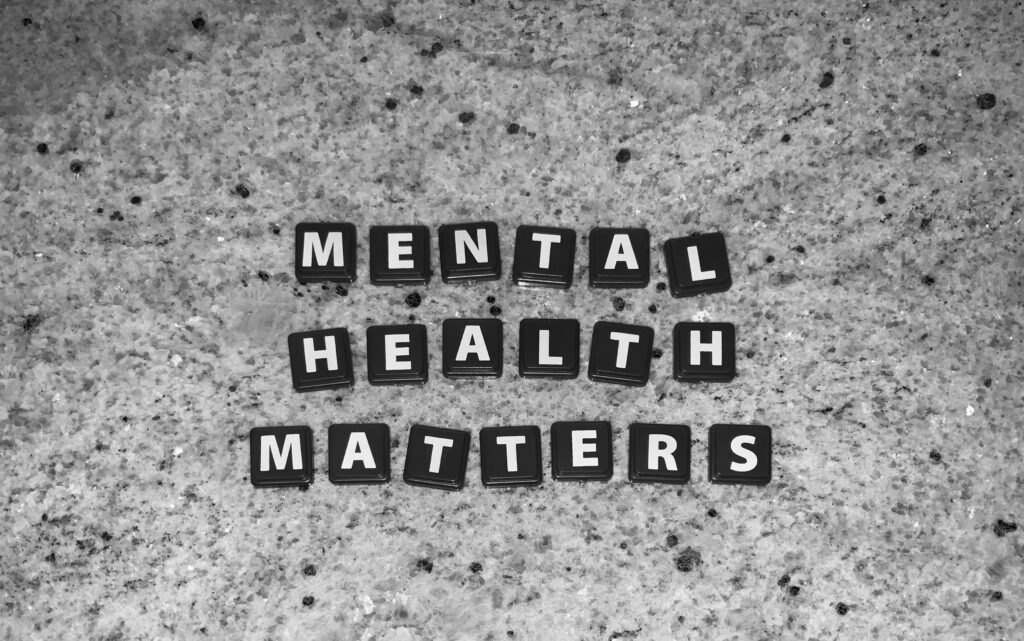Migrant women facing domestic abuse are trapped by immigration policies that foster fear, isolation, and exploitation. Al Hasaniya Moroccan Women’s Centre calls for urgent systemic reforms to provide safety, support, and hope for the most vulnerable.
Written by Zainab Al-Shariff and Fatimaezzahra Daouhany (Al Hasaniya Moroccan Women’s Centre)
Edited by Annamaria De Felice
The current UK legislation doesn’t go far enough in supporting and protecting migrant victims of domestic abuse. Perpetrators exploit the victim’s immigration status to instil fear and coerce them into staying in abusive relationships. This manipulation includes threats of cancelling visas, deportation, and refusal to assist with status renewals, putting victims at risk of becoming overstayers.
While the UK government has recently made changes to immigration rules for migrant victims of domestic abuse, specifically through the Migrant Victims of Domestic Abuse Concession (MVDAC), these measures fall short of what is needed.
At Al Hasaniya Moroccan Women’s Centre, we support Moroccan and Arabic-speaking women across the UK. Established in 1985 in London, the demand for our service has increased throughout the years, and we have supported thousands of women and their families, particularly those from Migrant communities.
Last March, we co-signed a letter with Southall Black Sisters and key partners in the domestic abuse sector to the Rt Hon James Cleverly MP, expressing our concerns about how the changes to the MVDAC were, in fact, harmful to migrant victims of domestic abuse. Whilst the changes appear to include certain cohorts, such as partners of Skilled Worker visa holders, they are essentially a temporary measure. Victims will have access to recourse or public funds for only three months, and some may be ineligible to apply for indefinite leave to remain, putting them at risk of being overstayers.
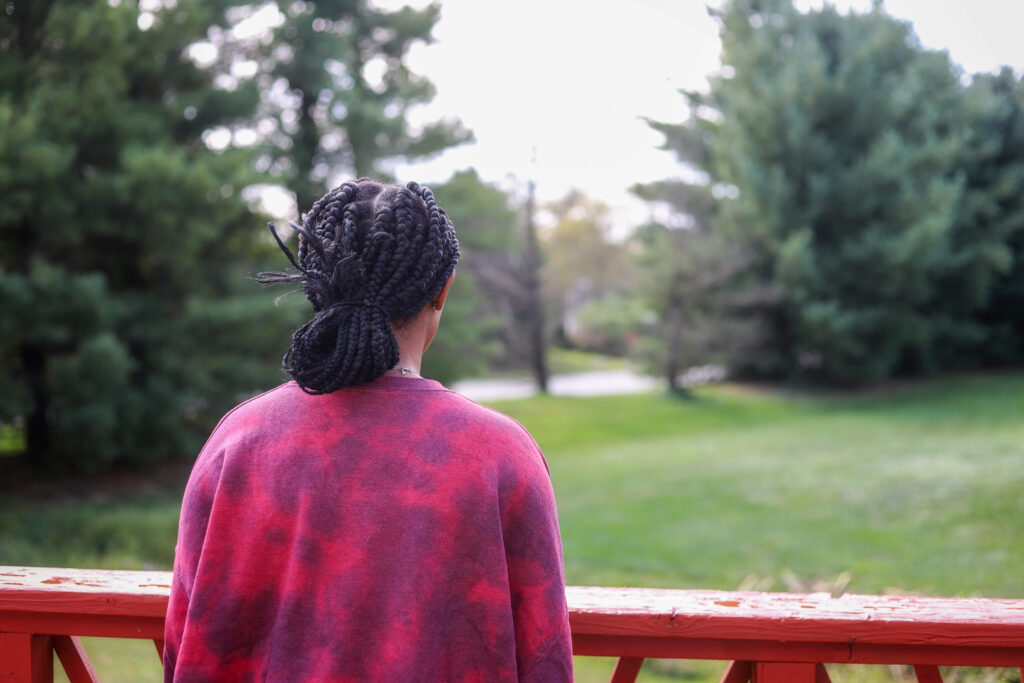
The impact of the No Recourse to Public Funds (NRPF) condition on migrant women has forced thousands to remain with their perpetrators in highly unsafe environments, risking their lives. This condition prevents individuals from accessing essential public funds, leaving them trapped in abusive situations. Many who flee find themselves homeless and destitute, whilst a significant number fall victim to further exploitation from other abusers. Others face no other option but to return to the perpetrator.
This, in turn, also has a negative impact on the victim’s mental health and wellbeing, with almost all victims supported by our service reporting depression, anxiety, Post-Traumatic Stress Disorder (PTSD), Complex PTSD, suicidal ideation, self-harm and suicide attempts.
Once again, we are witnessing the shortcomings of the mental health model in the UK. Counsellors in charities like ours are grappling with inadequate funding, which directly limits our ability to meet the growing demand for support. This financial constraint acts as a significant barrier, preventing many individuals from accessing the mental health services they desperately need.
Many who flee find themselves homeless and destitute, whilst a significant number fall victim to further exploitation from other abusers. Others face no other option but to return to the perpetrator.
As a Feminist, UN ECOSOC accredited charity that’s also a Women’s Aid Federation member, Al Hasaniya Moroccan Women’s Centre provides advocacy for vulnerable women, including victims of domestic abuse and harmful practices, as well as playing a key role within the domestic abuse sector in influencing policy changes for Migrant women and Black and Minoritised women.
Domestic abuse, in all its forms (physical, verbal, emotional, sexual, financial and coercive controlling behaviours), affects women regardless of their ethnicity, sexuality, age or socioeconomic status. However, we are aware that the risks increase considerably towards victims who face multiple ‘disadvantages.’ These include harmful practices (including honour-based abuse), language, cultural, mental health or physical disabilities. Additionally, victims with NRPF are at a heightened risk of further abuse and exploitation.
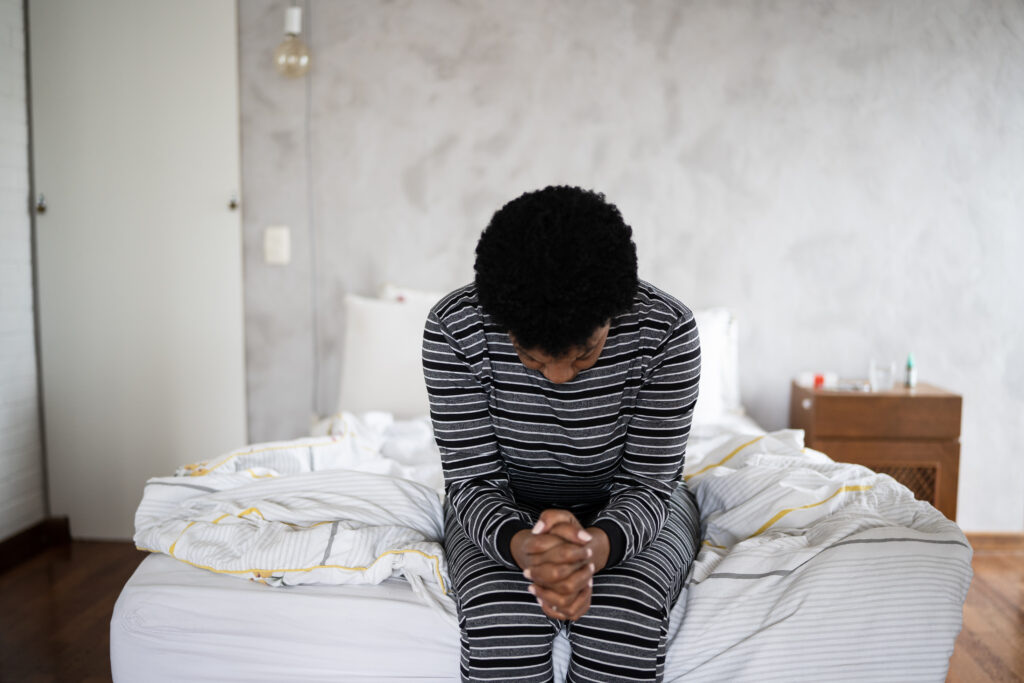
As part of our advocacy work, throughout this 16 Days of Activism campaign, we unite with millions of women and domestic abuse services globally to raise awareness about domestic abuse and call for an end to violence against women and girls.
Many migrant women face significant challenges in accessing support due to cultural differences and stigmas around seeking help for domestic abuse or mental health issues. The way they express their emotions or share their stories can often be misunderstood. For example, choosing to stay with an abusive husband may be misinterpreted as acceptance of abuse, when in reality, it often stems from cultural stigmas surrounding divorce and deeply ingrained societal taboos. These factors can make it even more difficult for migrant women to break free from abusive situations and access the support they need.
Another key point is the language barrier. Limited English proficiency poses a significant challenge for many migrant women, making it difficult for them to communicate their experiences clearly. This barrier can lead to misunderstandings, isolation, and frustration as women struggle to explain their experiences or ask for help in a way that is fully understood by English-speaking therapists.
Migrant women often need long-term, trauma-based therapy due to the complex nature of the traumas they have experienced. Therapy models should consider the cultural sensitivities, norms, and values of migrant women to be fully effective.
Whilst we’re aware the NHS may use interpreters, many migrant women have reported that interpreters, particularly in the mental health setting, do not always translate their words accurately or thoroughly. This can lead to miscommunication with healthcare professionals, resulting in improper diagnoses, misunderstood symptoms, or inappropriate treatment. Such experiences can further discourage women from seeking help, as they feel their voices aren’t being truly heard, exacerbating their trauma and leaving them without the necessary care and support. Furthermore, involving a third party who is not a clinician can undermine the trust and rapport that are essential for a productive relationship between the victim and the counsellor.
Many services are not adequately equipped to address the complex, layered trauma experienced by survivors of domestic abuse, particularly migrant women, who often endure multiple forms of violence and exploitation. Migrant women may have faced not only domestic violence but also trauma related to war, displacement, persecution, sexual violence, or human trafficking. These experiences create a unique and often severe form of trauma that requires specialised, sensitive approaches. Unfortunately, many conventional support systems, including mental health and domestic abuse services, lack a trauma-informed framework that takes into account the depth and complexity of these experiences.
Migrant women often need long-term, trauma-based therapy due to the complex nature of the traumas they have experienced. Therapy models should consider the cultural sensitivities, norms, and values of migrant women to be fully effective.
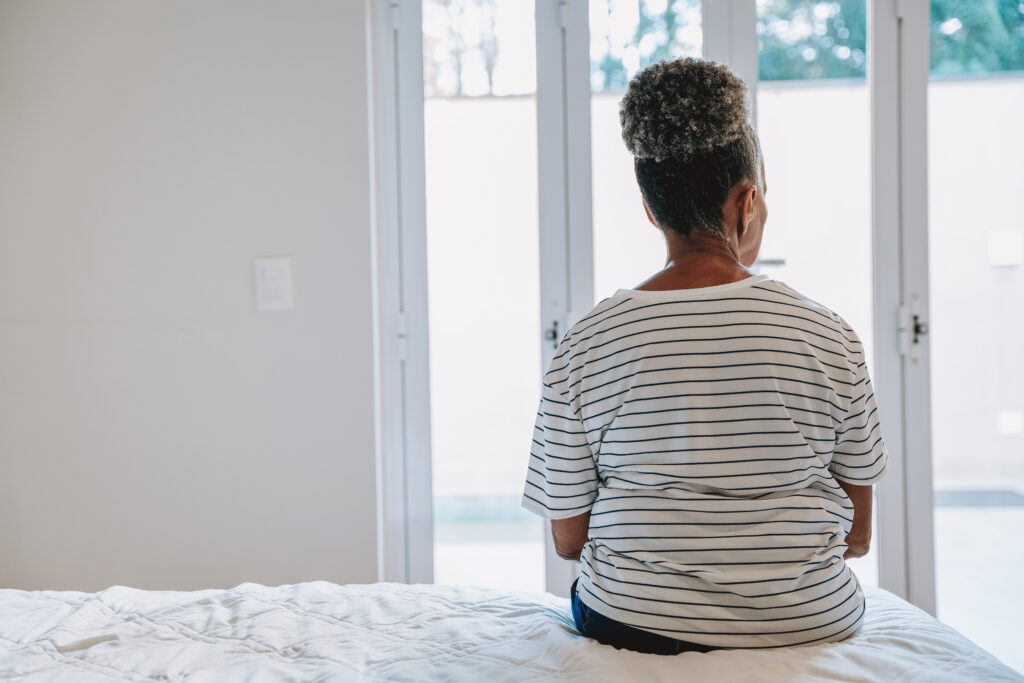
To provide this comprehensive support, it is essential to secure adequate funding for services that assist the most vulnerable women in our society. Investing in these services not only provides critical support but can also save the government millions of pounds in the long run.
Additionally, the abolition of the NRPF condition is crucial. It is equally important to implement an immigration policy that is inclusive of migrant victims of domestic abuse, ensuring that their rights are reflected in the Domestic Abuse Act 2021.
Providing suitable and appropriate housing is another fundamental requirement. Re-modelling the welfare system to promote financial independence is necessary. This change would empower victims as soon as they flee, enabling them to regain control over their lives.
Moreover, increasing funding for services that provide mental health provision and comprehensive support is vital. Enhanced funding will indeed allow for the implementation of more appropriate therapeutic models tailored to the specific needs of victims, ultimately aiding their recovery.
*Please note that feedback and details provided are based on our service user’s comments.
Feature image by Rawpixel at Istockphoto.com
Zainab Al-Shariff has worked with Al Hasaniya MWC as an IDVA since 2014. Supporting thousands of victims of domestic and sexual abuse, she has developed specialist knowledge and expertise around the challenges which Black and Minoritised women face, particularly around Harmful Practices.
Fatimaezzahra Dahouney has been working with Al Hasaniya MWC as their Counsellor and Psychotherapist since 2022, offering specialised therapeutic interventions to victims of domestic and sexual abuse. Prior to that, Fatimaezzahra had a successful private practice in Morocco, where she also worked alongside key women’s charities supporting victims of DA.

